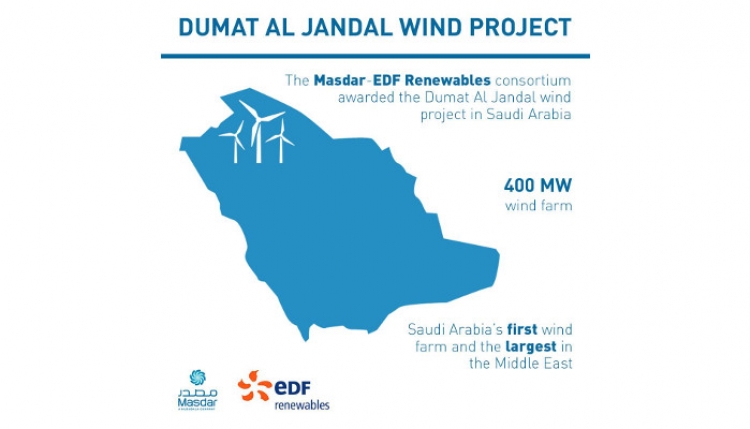Abu Dhabi – MENA Herald: The Masdar Institute of Science and Technology has announced that its CubeSat development program, MYSAT-1, has completed its critical design review (CDR), marking a key milestone for the University’s space systems and technology program, which was designed with support from Al Yah Satellite Communications Company (Yahsat) and global aerospace manufacturer and defense industry leader Orbital ATK. Masdar Institute is part of Khalifa University of Science and Technology.
MYSAT-1 will be the first research satellite builtby students and faculty at Masdar Institute. The small satellite will measure 10 cm on each side and will be built with two payloads, including a camera for Earth observationand an experimental battery developed at Masdar Institute to be tested and demonstrated.
More importantly, MYSAT-1 serves as a platform to train and engage students in all phases of satellite development, operation and exploitation through real-world, hands-on research and development experience.The CDR provided a final look at the design and development of MYSAT-1 before full-scale fabrication of the CubeSat begins.
Dr. Behjat Al Yousuf, Interim Provost, Masdar Institute, said: “The hard work and determination of our faculty, students and collaborators from Yahsat and Orbital ATK has been demonstrated with the completion of the CDR. We are confident that we will continue to meet the remaining program deadlines and look forward to launching MYSAT-1 into space next year. We are pleased that Masdar Institute’s research and development efforts have supported Khalifa University’s ongoing partnership with the UAE’s space sector.
Through the space systems and technology concentration, Khalifa University is fostering future generations of Emirati engineers equipped with the skills and real-world experiences needed to develop the kind of breakthrough technologies required to ensure the UAE achieves its space exploration goals.”
Mona Al Muhairi, Chief Human Capital Officer at Yahsat said, “We are very proud of our engineers as they get us closer to launching the MYSAT-1 Satellite. With every step we make through the CubeSat Program we demonstrate our commitment to the Abu Dhabi Vision 2030. Yahsat is delighted to be part of this extraordinary journey by developing local talent and providing innovative satellite communications solutions whilst creating jobs across the region. We look forward to the next steps of the programme and the launch of MYSAT-1 next year”.
Building a satelliteis challenging, which is why project reviews like the CDR are in place to ensure that the satellite designs will be able to achieve the mission goals.This review was the last of four major reviews in line with the system engineering guidelines provided by theUS National Aeronautics and Space Administration (NASA), which examine satellite concepts and designs.
Dr. Saif Almheiri from the University’s Mechanical Engineering Department said: “With the CDR cleared, we reached a major milestone for our first project and the efforts of the students are commendable. The students have developed some excellent documentation, which clearly demonstrates their competence. The experience of MYSAT-1 is greatly helping us define a baseline for our future projects. We have now created the right infrastructure to develop small satellite missions at the Masdar Institute.”
The CDR review panel included experts from Orbital ATK, Yahsat UAE Space Agency, andTeamIndus – one of five teams competing for the Google Lunar XPRIZE.The collaborative review panelreviewed and assessed the program’s readiness and confirmed that the technical effort is on track to proceed into fabrication, demonstration, and testing and can meet performance requirements on budget and on schedule. Full-scale fabrication of the MYSAT-1 will now begin with several intermediate internal reviews including a software demonstration to be scheduled in September 2017, and the flight readiness review to take place in December 2017.






